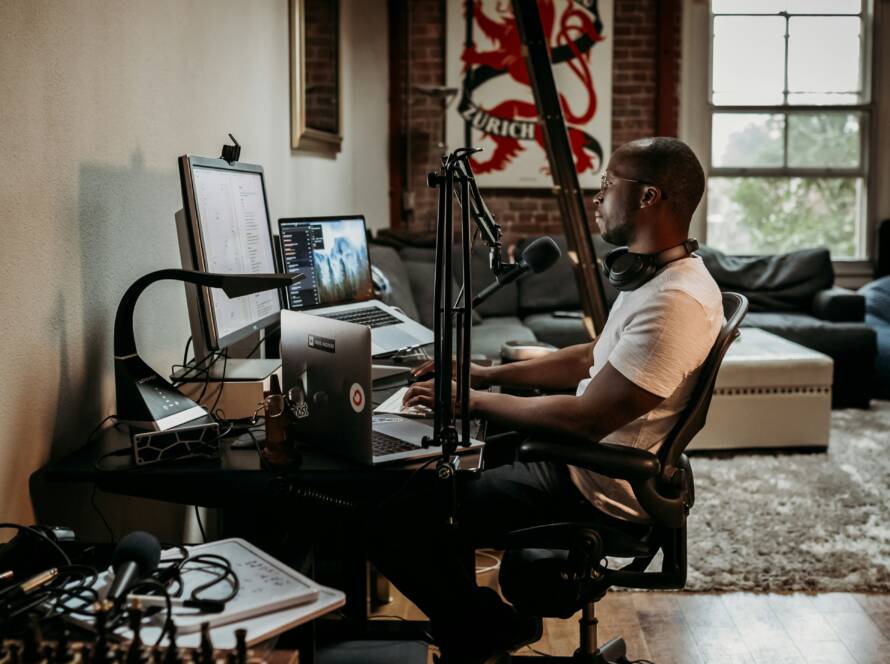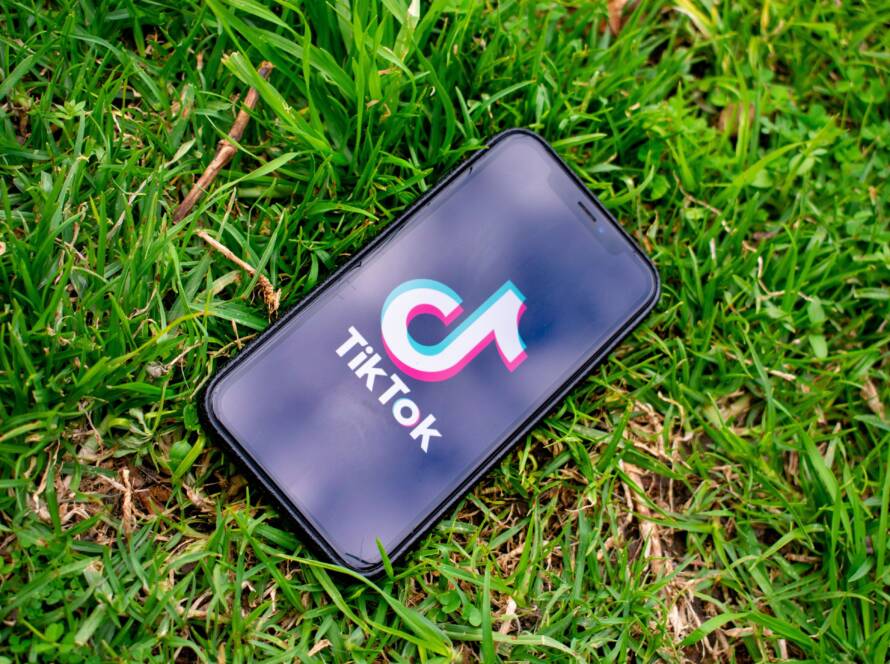Starting your own podcast can be an exciting and rewarding venture, but it can also seem daunting if you don’t know where to begin. As a seasoned blogger who has successfully transitioned into podcasting, I’m here to share my top tips on how to get started. Whether you’re a complete novice or someone looking to refine their approach, these insights will help you launch a podcast that resonates with your audience and stands out in the crowded podcasting space.
Find Your Niche and Define Your Audience
Identify Your Passion
Your podcast should revolve around a topic you are passionate about:
- Expertise and Interest: Choose a subject where you have both knowledge and interest. Your enthusiasm will keep you motivated and engaged.
- Audience Appeal: Ensure there is an audience interested in your chosen topic. Research and identify your target demographic.
Niche Down
Narrowing your focus helps attract a dedicated audience:
- Specific Topics: Instead of broad subjects, focus on specific aspects of a larger topic.
- Unique Angle: Offer a unique perspective or approach to set your podcast apart from others.
Plan Your Content and Format
Create a Content Calendar
Organize your ideas and schedule episodes in advance:
- Consistency: Plan regular release dates to build an audience and keep them engaged.
- Variety: Mix different types of episodes, such as interviews, solo discussions, and guest appearances.
Determine Your Format
Choose a format that suits your content and style:
- Episode Length: Decide on the length of your episodes. Common lengths range from 20 minutes to an hour.
- Structure: Outline a structure for each episode, including an introduction, main content, and conclusion.
Invest in Quality Equipment
Essential Gear
Quality audio is crucial for a successful podcast:
- Microphone: Invest in a good quality microphone to ensure clear and crisp sound.
- Headphones: Use headphones to monitor your audio while recording.
- Recording Software: Choose reliable recording and editing software to produce professional-quality episodes.
Recording Environment
Ensure a quiet and suitable environment for recording:
- Soundproofing: Minimize background noise and echo by recording in a quiet room or using soundproofing materials.
- Consistent Setup: Maintain a consistent recording setup for uniform sound quality.
Master the Art of Editing
Editing Software
Use editing software to enhance your podcast:
- User-Friendly Options: Software like Audacity or Adobe Audition are popular choices for editing.
- Editing Techniques: Learn basic editing techniques, such as cutting out mistakes, adding music, and adjusting volume levels.
Polished Production
Ensure your podcast sounds professional:
- Intro and Outro: Create engaging intro and outro segments to bookend your episodes.
- Music and Effects: Use royalty-free music and sound effects to enhance your content and create a branded sound.
Develop a Strong Branding Strategy
Create a Memorable Name and Logo
Your podcast name and logo should be unique and memorable:
- Catchy Name: Choose a name that reflects your podcast’s content and is easy to remember.
- Professional Logo: Design a professional logo that represents your brand and appeals to your target audience.
Consistent Branding
Maintain consistent branding across all platforms:
- Cover Art: Use eye-catching cover art that stands out in podcast directories.
- Social Media: Create social media profiles with consistent branding to promote your podcast and engage with listeners.
Launch and Promote Your Podcast
Build Anticipation
Generate excitement before your podcast launch:
- Teasers and Trailers: Release teasers or trailers to give potential listeners a taste of what’s to come.
- Social Media Campaigns: Use social media to build anticipation and attract followers.
Distribution Platforms
Submit your podcast to major platforms:
- Directories: Submit your podcast to Apple Podcasts, Spotify, Google Podcasts, and other major directories.
- RSS Feed: Ensure your podcast has a valid RSS feed for easy distribution.
Engage with Your Audience
Build a loyal listener base through engagement:
- Feedback and Interaction: Encourage listeners to leave reviews and interact with you on social media.
- Listener Involvement: Involve your audience by answering their questions, featuring their stories, or incorporating their feedback into episodes.
Monetize Your Podcast
Sponsorships and Ads
Attract sponsors and incorporate ads to generate revenue:
- Relevant Sponsors: Partner with sponsors relevant to your audience’s interests.
- Ad Placement: Strategically place ads in your episodes without disrupting the listening experience.
Additional Revenue Streams
Explore other monetization options:
- Merchandise: Sell branded merchandise to your listeners.
- Crowdfunding: Use platforms like Patreon to allow listeners to support your podcast financially.
Taking the Leap into Podcasting
Starting a podcast requires careful planning, quality production, and effective promotion. By following these tips, you can create a podcast that not only captures your passion but also resonates with your audience. From finding your niche and planning content to investing in equipment and engaging with listeners, these steps will help you build a successful podcast from the ground up.





